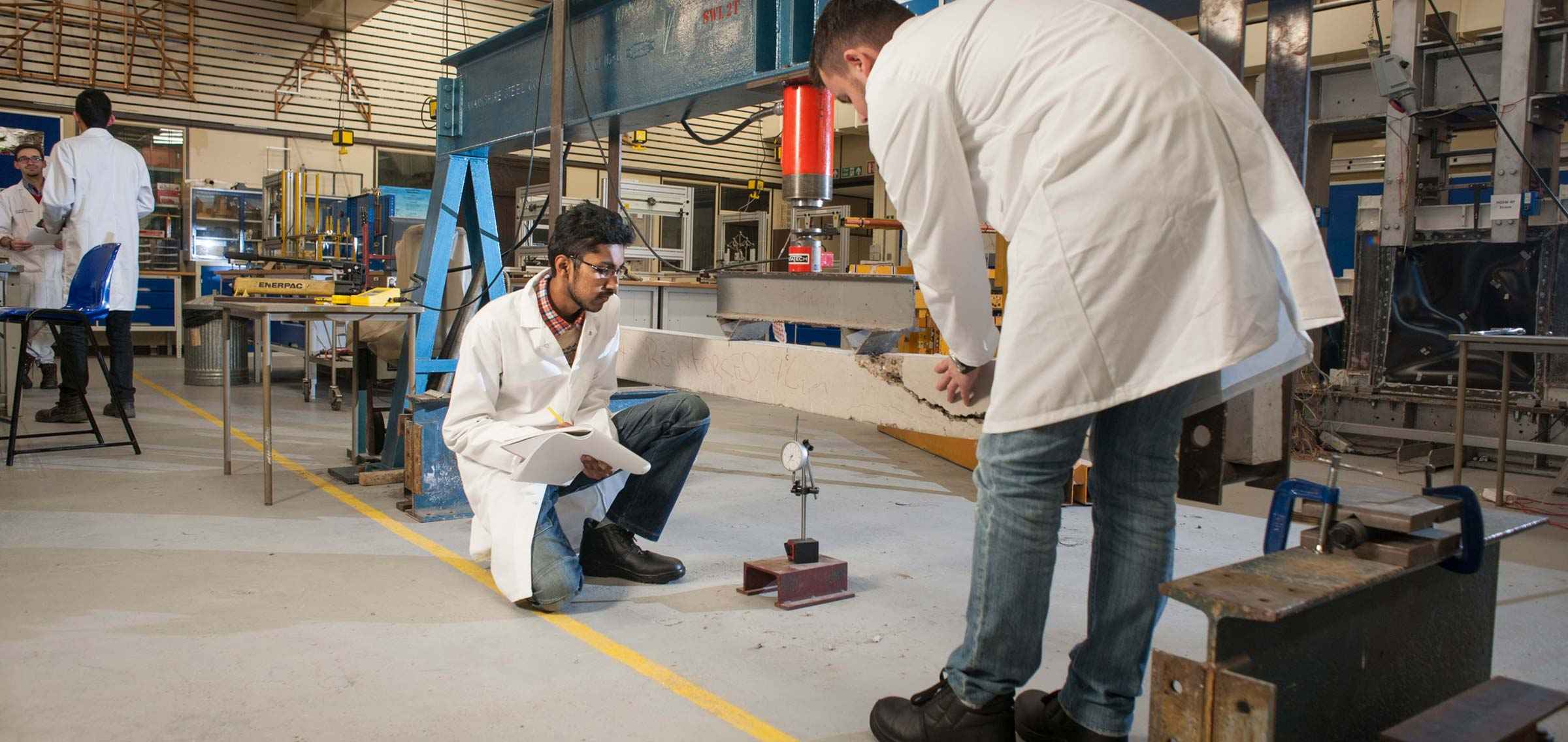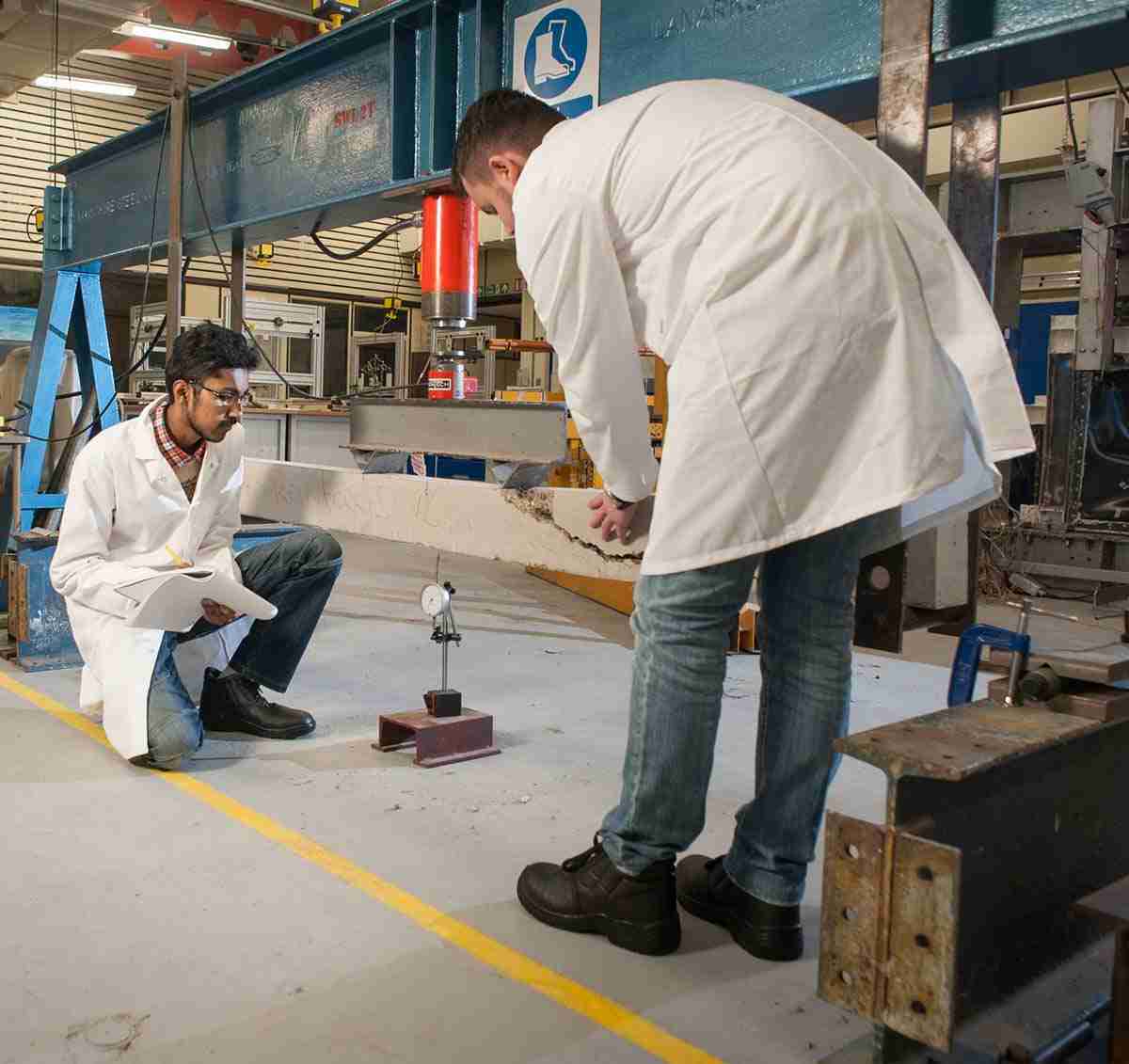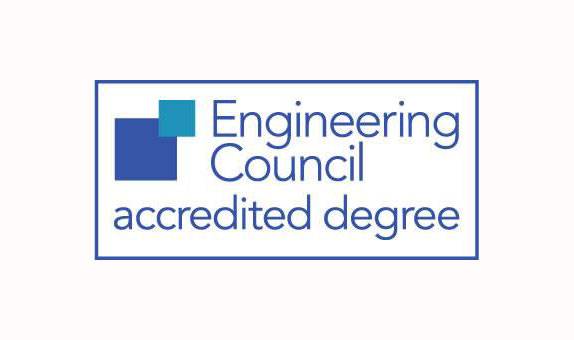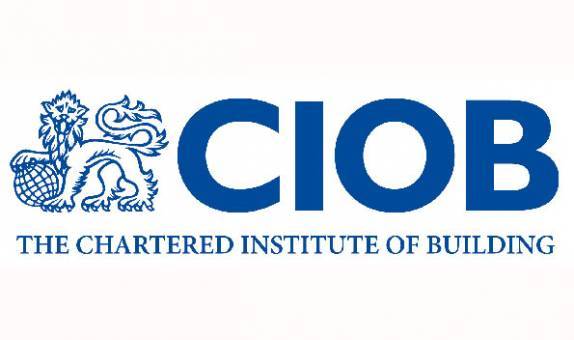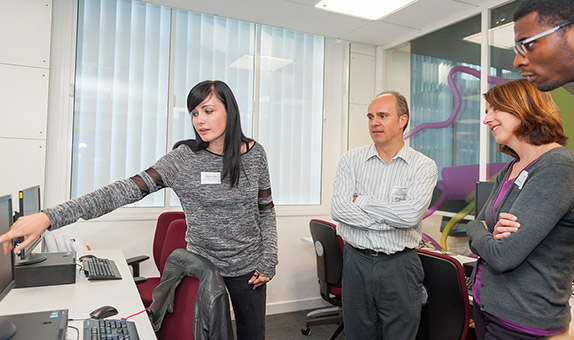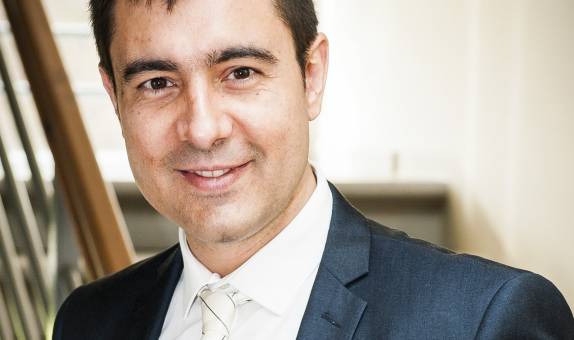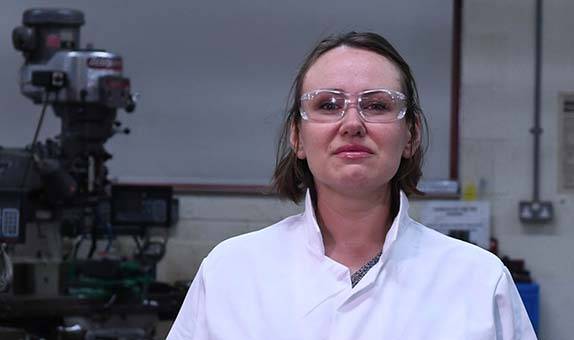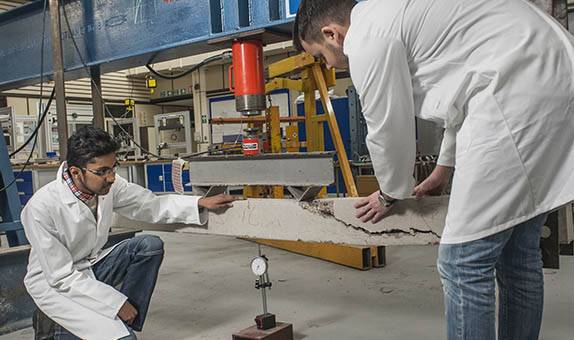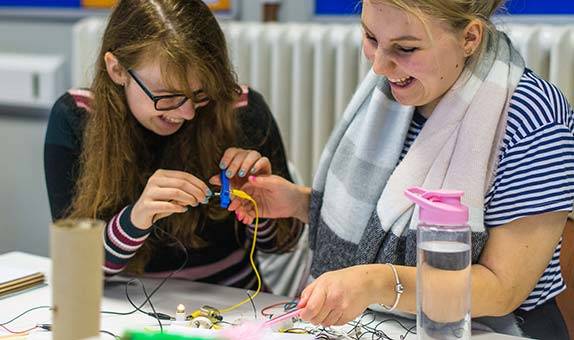Management in Construction (Civil Engineering) MSc
Why choose this course?
This industry-accredited course offers a strategic overview of civil engineering and management issues. It addresses the challenges facing the construction industry and successfully combines structural engineering with advanced construction management.
This course is ideal if you are a graduate engineer starting your career in the construction industry. Combining structural engineering with advanced construction management, the course addresses the challenges facing the construction industry. You will study subjects that are specific and complementary to civil engineering, developing your problem-solving abilities. A structural design module will broaden and deepen your technical knowledge of specialised civil engineering areas.
| Mode | Duration | Start date |
|---|---|---|
| Full time | 1 year | September 2024 |
| Full time | 1 year |
January 2025 September 2025 |
| Full time | 2 years including professional placement | September 2024 |
| Full time | 2 years including professional placement |
January 2025 September 2025 |
| Part time | 2 years | September 2024 |
| Part time | 2 years |
January 2025 September 2025 |
| Main Location | Penrhyn Road |
Reasons to choose Kingston University
- This degree is accredited by the Joint Board of Moderators, which includes the Institution of Civil Engineers, the Institution of Structural Engineers, Chartered Institution of Highways and Transportation and the Institute of Highway Engineers under licence from the Engineering Council and by CIOB.
- This MSc meets the requirements for Further Learning for a Chartered Engineer (CEng) if you already have an Accredited CEng (Partial) BEng (Hons) or an Accredited IEng (Full) BEng/BSc (Hons).
- Kingston has excellent links with industry. Students have worked with Matra-Marconi Space Ltd, the National Health Service and British Gas.
Accreditation
Further Learning Programme - MSc (non-technical)
This course is currently undergoing routine JBM accreditation renewal for 2025 entry.
This degree is accredited by the Joint Board of Moderators (JBM), which comprises the Institution of Civil Engineers, the Institution of Structural Engineers, Institute of Highway Engineers and the Chartered Institution of Highways and Transportation on behalf of the Engineering Council, as meeting the requirements for Further Learning for a Chartered Engineer (CEng) for candidates who have already acquired a partial CEng accredited undergraduate first degree.
It should be noted that candidates completing the MSc who hold an underpinning accredited IEng degree or a non-accredited bachelor degree will need to apply for an academic assessment to determine whether they will meet the educational base for CEng registration.
See www.jbm.org.uk for further information.
This course is accredited by the Chartered Institute of Building (CIOB).
Accreditation is a mark of assurance that the degree meets the standards set by the Engineering Council in the UK Standard for Professional Engineering Competence (UK-SPEC). Some employers recruit preferentially from accredited degrees, and an accredited degree is likely to be recognised by other countries that are signatories to international accords.
Civil Engineering at Kingston
What you will study
There are four taught modules and a thesis. Three of the modules will provide you with an understanding of the core management skills needed to make a major contribution within the industry, while one structural design module will enable you to broaden and deepen your technical knowledge of specialised civil engineering areas. You will also cover subjects that are both specific and complementary to civil engineering. In addition, you will develop the ability to resolve the broader problems that arise in civil engineering.
The advanced concrete design module is assessed by coursework based on the national university competition organised by The Concrete Centre, the trade body representing the concrete industry in the UK.
For a student to go on placement they are required to pass every module first time with no reassessments. It is the responsibility of individual students to find a suitable paid placement. Students will be supported by our dedicated placement team in securing this opportunity.
Modules
Professional placement
Core modules
Digital Technologies and Construction Modelling
15 credits
This module provides you with an in-depth comprehension in using the Building Information Modelling (BIM) and Construction information Management System (CIMS) in the construction industry. It covers various topics related to BIM and CIMS, including their current application, benefits, challenges in the industry sector, and future developments.
The module will begin by recapping the fundamental concepts of BIM and CIMS, including the evolution of BIM and its importance in the construction industry. It will then delve into the different stages of BIM and CIMS, including modelling, collaboration, documentation, risk management, and collision avoidance and energy efficiency analysis. The module will cover various software tools that are commonly used in BIM and CIMS, such as Autodesk Revit, Navisworks, and BIM 360.
In addition, you will learn how digital construction has revolutionised the construction industry and how BIM and its closely related digital technologies are employed as tools for the realisation of the Construction Industry 4.0.
This module will enable you to apply and evaluate the key principles of BIM, and you will undertake a collaborative interdisciplinary project to apply and develop your skills in a scenario-based group project. The module will discuss the future trends and developments in BIM and CIMS, such as the integration of Artificial Intelligence (AI), Machine Learning (ML), and Virtual Reality (VR) in construction.
Management of Project Risk, Quality and Safety
30 credits
This module starts with a general introduction into the management of projects, and then goes more deeply into the technical aspects of project management techniques and project risk. Risk analysis and the identification and mitigation of risk events are dealt with in a construction project context, including human aspects. It covers many aspects of health and safety legislation and practice, starting from the history of health and safety in the UK, the Health and Safety at Work Act, risk assessment, and covers major sets of regulations that impact on construction work. The Construction (Design and Management) Regulations are dealt with in depth, as this is a key piece of statutory legislation that relates to the construction industry. Good practice and the importance of advice and guidance are emphasised. Quality management is dealt with in relation to the requirements of the latest edition of ISO9000, and the process leading to registration under this standard. Modern Practices in quality and the use of various quality management techniques are covered.
Administration of Construction Contracts
15 credits
This module focuses on equipping you with a comprehensive understanding of the intricate legal issues inherent in construction projects, with an in-depth comprehension into the fundamental legal considerations associated with construction contracts. The module aims to enable you to critically analyse professional liability, assess strategies for expanding or constricting liability, and to appraise the scope of liability beyond the confines of contractual obligations. Furthermore, the module endeavours to provide you with a profound comprehension of matters pertaining to construction disputes, along with an exploration of the frequently employed methods for resolving such disputes, as well as acquiring knowledge on the importance of the law of evidence. The module also accentuates the development of relevant graduate attributes highly sought after in the construction industry, such as collaboration, critical thinking, problem-solving, communication, initiative, and creativity.
Dissertation and Research Project Development
30 credits
The overall aim of the module is to allow you to develop research skills and gain an appreciation of a subject area of your own choosing. In undertaking the work that is required you will be able to demonstrate knowledge and competence in reviewing existing published literature and data and through the use of your own efforts apply one or more of a range of research methods to collect and analyse data and draw well-founded conclusions as a result of your research. The module allows you to study an area of interest in significant depth and allows you to demonstrate a clear understanding of what has been learnt through a variety of means; a literature review, a research proposal, an oral presentation and a substantial dissertation.
Civil Engineering Group Design Project
30 credits
This module provides you with the experience of performing a group investigation to develop the necessary skills in planning and designing a building project. You will apply and demonstrate your capabilities in engineering knowledge, numeracy, initiative, communication, self-learning, and creativity to plan, carry out, and control a sustainable open-ended design project. You will review the aspects of a client's brief and the feasibility of engineering and economical choices with regards to conceptual designs, structural systems, and materials. Methods of structural analysis and design will be in accordance with Eurocodes 2 (EC2), 3 (EC3), 4 (EC4), 5 (EC5), and 7 (EC7). You will enhance their communication skills through engineering drawing, oral presentation, and writing a technical report. Design thinking, innovation, and engineering judgment will be developed, building your confidence to solve multi-complex problems in your future workplace.
Design of Steel Structures
15 credits
Steel structures are known for their strength, durability, and versatility. This module covers the latest developments in specification, design and detail of steel framed structures. Methods of analysis and structural design are in accordance with Eurocode 3 (EC3) for steel structures.
Design of Concrete Structures
15 credits
This module covers the latest developments in material specification, structural design, and detail of concrete framed buildings. Methods of structural analysis and design in accordance with Eurocode 2 (EC2). Sustainability considerations are also integrated into the module and assessment.
Professional placement
Professional Placement
120 credits
The Professional Placement module is a core module if you're following a masters programme that incorporates an extended professional placement. It provides you with the opportunity to apply your knowledge and skills in an appropriate working environment, and develops and enhances key employability and subject specific skills in your chosen discipline. You may wish to use the placement experience as a platform for a major project or your future career.
It is your responsibility to find and secure a suitable placement opportunity; this should not normally involve more than two placements which must be completed over a minimum period of 10 months and within a maximum of 12 months. The placement must be approved by your Course Leader prior to commencement to ensure its suitability. You will have access to the standard placement preparation activities offered by the Student Engagement and Enhancement (SEE) group.
Read more about the postgraduate work placement scheme.
Work placement scheme
Many postgraduate courses at Kingston University enable students to take the option of a 12-month work placement as part of their course. Although the University supports students in finding a placement and organises events to meet potential employers, the responsibility for finding the work placement is with the student; we cannot guarantee the placement, just the opportunity to undertake it. You may find securing a professional placement difficult as they are highly competitive and challenging, but they are also incredibly rewarding. It is very important to prepare and apply yourself if this is the route you wish to take. Employers look for great written and oral communication skills and an excellent CV/portfolio. As the work placement is an assessed part of the course, it is covered by a student's Student Route visa.
Find out more about the postgraduate work placement scheme.
Entry requirements
Teaching and assessment
Who teaches this course?
The course is taught by the Department of Civil Engineering, Construction and Surveying. Staff have a wide range of experience across research and industry and continue to practice and research at the cutting edge of their discipline.
Our programmes have been designed with your aspirations, needs and abilities in mind, and are aimed at developing your specialist skills, deepening your understanding and gaining new insights and perspectives to equip you for a professional career ahead.
Academic staff in the department are bonded in an interdisciplinary team of civil and structural engineers, material scientists, geologists, hydrologists, construction managers, building and quantity surveyors with professional practice and applied research backgrounds. Many of us are nationally and internationally recognised leaders in our areas of specialism and we are frequently invited to undertake high-profile external research and consultancy work.
Having developed our courses with the working world in mind, we offer hands-on student experiences such as testing in our exemplary laboratory facilities in structures, materials, concrete, geotechnics and hydraulics that are used for teaching and research. Knowledge is also gained from field trips for both undergraduates and postgraduates; site visits and industrial placements; employability support via our strong partnerships with industry, professional institutions and learned societies.
Our teaching is engaging and practice-focused and supported by site visits and invited guest lecturers by our industrial liaisons and strong alumni network. Our approach to assessment is project-driven and seeks to equip students with a range of competencies and transferrable skills thus boosting their employability prospects.
Postgraduate students may run or assist in lab sessions and may also contribute to the teaching of seminars under the supervision of the module leader.
Facilities
There is a wide range of facilities for practical work at our Penrhyn Road campus, where this course is based. You will have access to a modern environment with the latest technology and industry-standard equipment, including:
- extensive materials and structures facility for concrete, masonry, steel and timber;
- geotechnical and hydraulics testing facilities; and
- surveying equipment, such as satellite global-positioning systems.
Dedicated computer-aided design facilities include:
- a range of CAD/CAM packages, such as Ideas, SolidWorks and AutoCad;
- finite element analysis
- computational fluid dynamics; and
- virtual instrumentation.
You can also use the dedicated Graduate Centre on campus. This includes:
- IT facilities;
- seminar rooms;
- social spaces and a canteen; and
- specialist libraries.
Students studying this course will benefit from the John Galsworthy Building, a £20million teaching and learning facility, which opened in November 2007. The six-storey complex brings lecture theatres, flexible teaching space and information technology suites together around a landscaped courtyard.
Fees for this course
Additional costs
Depending on the programme of study, there may be extra costs that are not covered by tuition fees which students will need to consider when planning their studies. Tuition fees cover the cost of your teaching, assessment and operating University facilities such as the library, access to shared IT equipment and other support services. Accommodation and living costs are not included in our fees. Where a course has additional expenses, we make every effort to highlight them. These may include optional field trips, materials (e.g. art, design, engineering), security checks such as DBS, uniforms, specialist clothing or professional memberships.
What this course offers you
- This course provides a strategic overview of civil engineering and management issues.
- It will develop your professional, analytical and management skills, as well as improving your technical skills and knowledge. For example, you will gain communication, teamwork, IT and problem-solving skills.
- Each module combines a stimulating mix of lectures, practical laboratory work, group work, case studies and presentations.
Input from industry experts complements the academic teaching throughout the course. - Your MSc dissertation allows you to build on your academic knowledge and extend your in-depth knowledge in your area of specialisation. It can be an excellent selling point when looking for a job or promotion.
- You can choose to study the course full-time or part-time to fit in with work commitments. September and January start dates give you extra flexibility.
- The course was originally designed to satisfy the Engineering Council's SARTOR 3 requirements. We have now developed it to appeal to students who do not require a Matching Section as well.
- We regularly review all our postgraduate courses to make sure that they are up to date, reflect industry needs and are comparable to other university courses.
After you graduate
Suitable roles include construction manager, civil engineer, site engineer and sustainability consultant.
How the engineering staff work with industry partners
Our excellent industrial links have developed over many years and throughout many countries. Some examples include work with:
- Matra-Marconi Space Ltd
- Ericsson
- Balfour Beatty
- The National Health Service
- British Gas.
Our Industrial Advisory Committee reviews and advises industrial activities. The Committee acts as a forum for discussing teaching, research and consultancy to industry.
Industrial project review
This course features an industrial project review and analysis module, which is designed to be taken in industry. It gives you the chance to address a real-world problem in an engineering environment. Throughout the course, academic teaching is complemented by input from industry experts.
Engineering research
Many academic staff are engaged in a range of research and consultancy activities funded by the Research Councils, the European Union, the government, trade unions and industry. These activities ensure our staff are in touch with the latest industry thinking and bring best practice to your studies.
Research centres
Engineering research within the Faculty of Science, Engineering and Computing is organised into three research centres, which provide focus and encourage the cross-fertilisation of ideas.
Civil engineering and construction research takes place in the Sustainable Technology Research Centre. The research groups within the centre cover a wide range of topics, including:
- land use;
- building design and construction;
- re-cycling waste materials;
- efficient energy use and distribution;
- water resources (hydraulics); and
- monitoring using remote sensing.
Course changes and regulations
The information on this page reflects the currently intended course structure and module details. To improve your student experience and the quality of your degree, we may review and change the material information of this course. Course changes explained.
Programme Specifications for the course are published ahead of each academic year.
Regulations governing this course can be found on our website.
